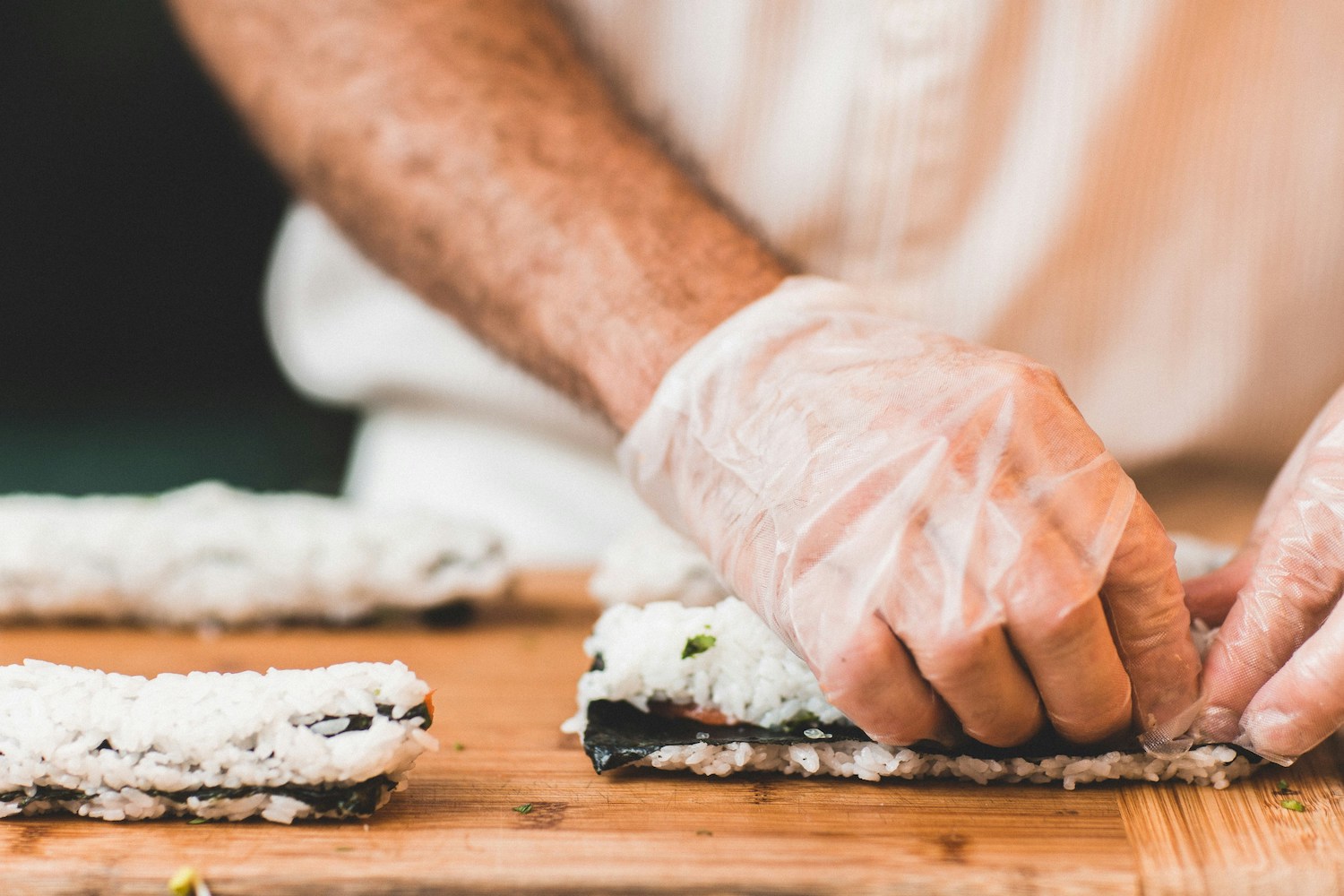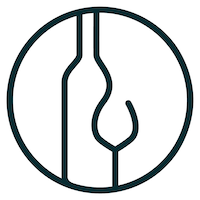
An essential aspect of working in hospitality is making, handling, and serving food. When mismanaged, food can become a health risk. The best way to ensure customer satisfaction regarding food is by assessing food safety risks and managing them appropriately. To do this, those working with and around food or handling it directly must be empowered with the vital knowledge gained through earning a food handling certificate.
What is a Food Handling Course?
A food handling course is designed for anyone handling food, such as those in the hospitality industry. You learn all about food safety during food preparation, storage, and serving. These practices prevent contamination, which can lead to foodborne illness and allergic reactions. Obtaining this certificate through an accredited institution, recognised nationally and complying with the Australia New Zealand Food Standards Code, is advisable.
Why You Should Learn How to Handle Food Safely
The health and well-being of your customers are critical in any industry, especially in hospitality, where food can be the source of a variety of hazards. Poorly handled food can result in foodborne illness and allergic reactions, which can damage your reputation, result in legal consequences, or in extreme cases it can lead to death. For hospitality businesses that practice effective food safety and adhere to high standards of service, their reputations are more likely to be favourable. A food handling certificate is essential as food safety awareness grows amongst the public and hospitality businesses.
Who Needs a Food Handling Certificate?
In Australia, anyone who handles food or surfaces that come in contact with food needs to have a food handling certificate. People such as cooks, caterers, chefs, kitchen staff, room attendants, servers, and more must be well-versed in safe food handling. If you’re starting out or want to further your career in hospitality, a food handling certificate is essential.
What You Will Learn
Various institutions offer food handling courses, each with its own form of assessment and structure; however, the course should cover a range of food safety topics. Such a course aims to teach you what food safety is, food safety procedures, how to identify food hazards, and how to continuously monitor food safety. The course should teach you how to prevent foodborne illness and ensure safe food handling.
A more comprehensive food safety course will expand on these topics and include information on personal and environmental hygiene, temperature control, and using a thermometer to record temperatures accurately.
Courses to Complement a Food Handling Certificate
A food handling certificate is essential, but there are also many courses to complement it and further boost your career. Consider adding a bartending, responsible service of alcohol, or a waiting certificate to your CV for that edge over other candidates.
Remember, a food handling certificate is more than a piece of paper; it shows employers and potential employers that you are committed to food safety. By taking a food safety course, you are better equipped to protect your customers and stand out in the field. Such a certificate is a small but necessary step to support your career development.





